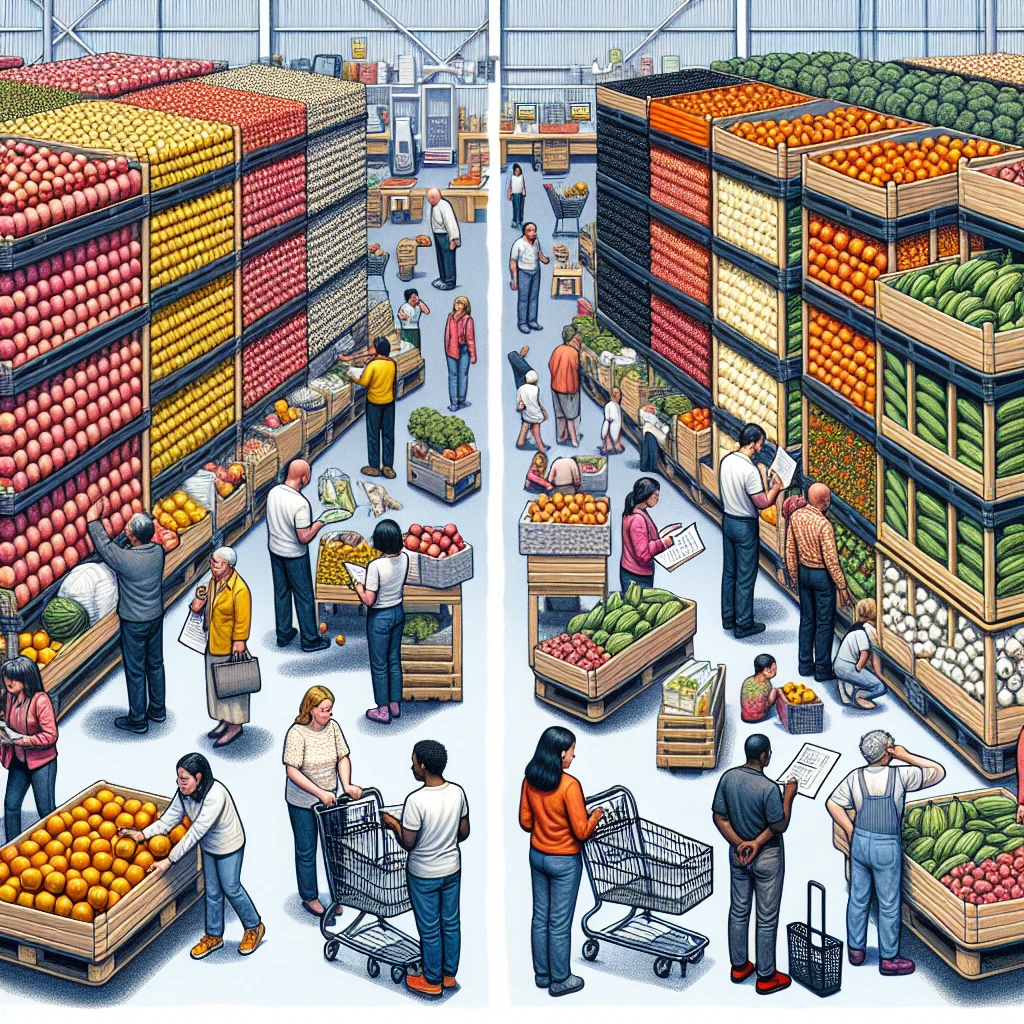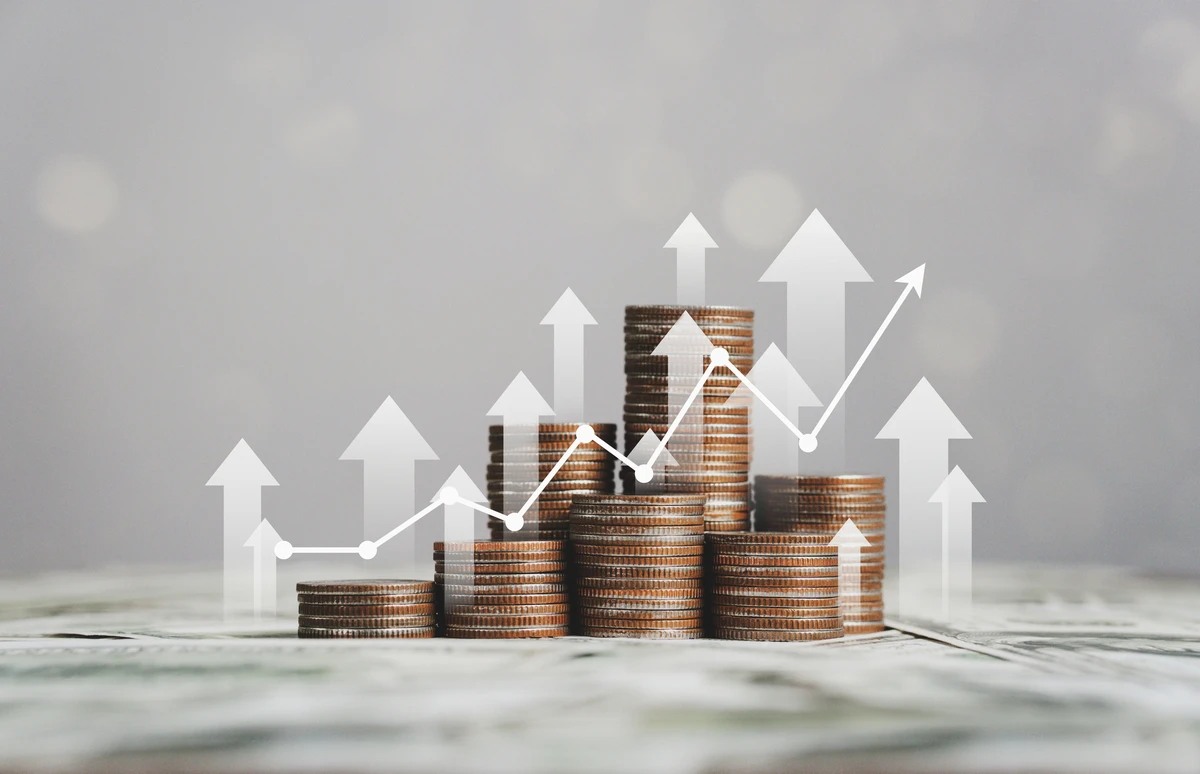KEY POINTS
Purchasing produce in bulk can result in food waste.
Securing a batch of fruits or vegetables that is entirely fresh can prove challenging.
You might end up paying extra for organic options if that’s the only choice available at Costco.
One of the main incentives to become a Costco member is to cut costs on frequently purchased groceries and household items. Therefore, you might be accustomed to buying staples like milk, eggs, and toilet paper in large amounts during your Costco trips.
However, when it comes to fresh produce, you might want to reconsider buying in bulk. Here’s why.
1. Rapid spoilage
Incorporating a wide range of fruits and vegetables into your diet is beneficial. Nevertheless, produce generally does not have a long shelf life. Certain items, such as berries, can spoil rather quickly—sometimes within just a few days.
The danger with purchasing produce in bulk is that much of it could spoil before you have a chance to consume it. If this occurs, rather than saving money, you might end up wasting it. If you decide to buy fruits and vegetables in bulk at Costco, ensure they are items your household consumes daily or almost daily.
For instance, if you only serve broccoli as a side dish a few times a week, it might not be wise to buy the large bag Costco offers. You could be better off purchasing two servings’ worth at a regular grocery store. Although you might pay more per ounce, you’d likely spend less overall by avoiding waste.
2. Difficulty in getting a pristine batch
When purchasing a small container of raspberries or strawberries at the grocery store, it’s relatively easy to inspect each piece for spoilage. However, this becomes more challenging with a bulk package of fruits or vegetables.
Buying these items in bulk from Costco doesn’t guarantee a flawless batch. If you end up discarding some of what you bought, that’s wasted money. On a positive note, Costco is known for providing refunds for quality issues, including fresh foods.
If you purchase a large container of berries or a bag of spinach and most of it spoils before its sell-by date, you can usually return the item to Costco for a refund. The general guideline is to return around 50% or more of the item when dealing with perishable goods.
3. Limited to organic options
Some people prefer organic produce for health or personal reasons. However, organic fruits and vegetables often come with a higher price tag than non-organic varieties.
Depending on the week, Costco might only carry the organic version of the fruit or vegetable you’re seeking. If that’s the situation, you might find yourself spending significantly more than planned. If you’re comfortable with the standard, non-organic variety, consider purchasing a smaller package at a lower price from your local supermarket.
Buying produce at Costco can be advantageous, but be mindful of these potential drawbacks, especially if you’re new to purchasing fruits and vegetables in bulk.




